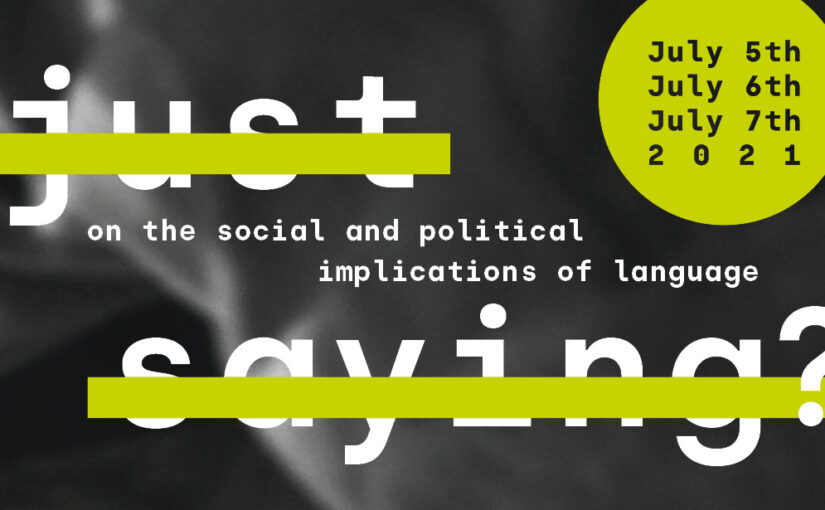Home | Covid-19 Statement | Call for Abstracts | Programme
Keynotes: Abstracts | About us | Accessibility
Alex Davies:
“Linguistic Contextualism and Hermeneutical Injustice: university sexual harassment policies as case study”
Abstract:
Hermeneutical injustice arises when the collective (hermeneutical) resources which members of a given community use to interpret their experiences are empty of means by which to think and talk about experiences which are distinctive of less dominant groups. Not uncommonly these resources are understood as concepts, where a concept is identified both with the standing-meaning of a linguistic expression (e.g. “sexual harassment”) and its content i.e. the contribution that expression makes to the proposition one would express by using a declarative sentence containing that expression. However, for context-sensitive expressions, standing-meanings are not contents. So what happens to how we understand both the problem posed by hermeneutic injustice and its solutions, once we acknowledge context-sensitivity? I explore this question in large part by walking through a case study: university sexual harassment policies and disciplinary procedures. I will argue that given a reasonable assumption about the metasemantics of context-sensitive expressions, an important part of the answer to the question considered will centre upon the interplay between organizational design and context-sensitive language.
Teresa Marques:
“The expression of hate in hate speech”
Abstract:
In this paper, I claim that hate speech expresses hate, and answer some objections to expressivist views. First, I offer a model of expressively normative speech. I argue that there is speech that is expressive of an emotion or sentiment, by presupposing it. This presupposition can become common ground by enacting the normative appraisal that is constitutive of the emotion or sentiment expressed (if the utterance is felicitous). This supplements current pragmatic accounts of hate speech in terms of the illocutionary enactment of norms. Current research on hate confirms the working hypothesis that it is an appraisal state. The appraisals that constitute hate sentiments, and that are presupposed in hate speech, can become common ground among a population. I will show that this view is not undermined by objections to expressivist views, and it does not face some of the limitations of other accounts. Views that rely on the existence of pre-existing systems of discrimination to analyse hate speech cannot explain hate crimes fuelled by hate speech against social groups that are not historically discriminated. The account I offer can.
Luvell Anderson:
“Notorious Thugs”
Abstract: (tba)

